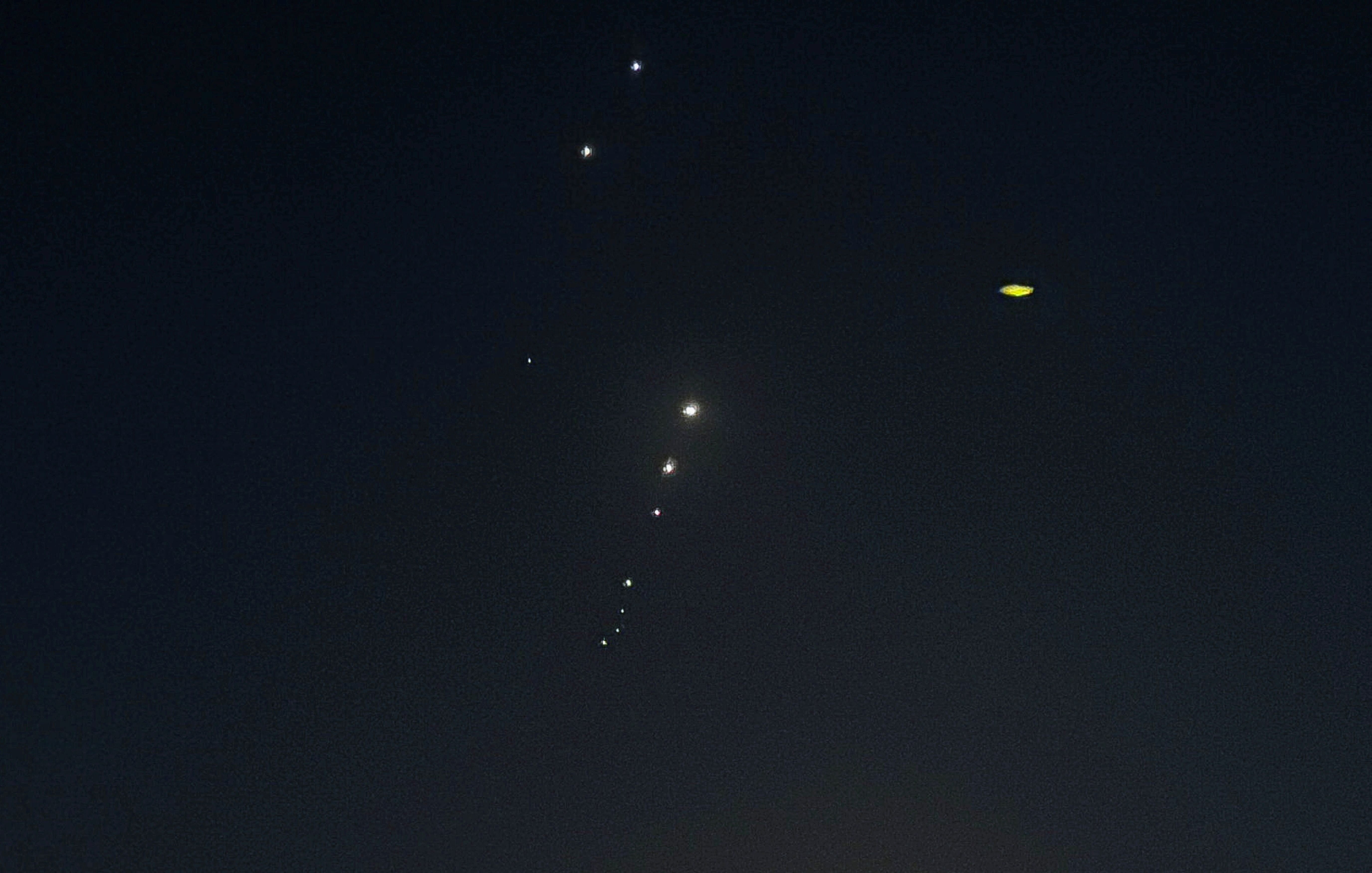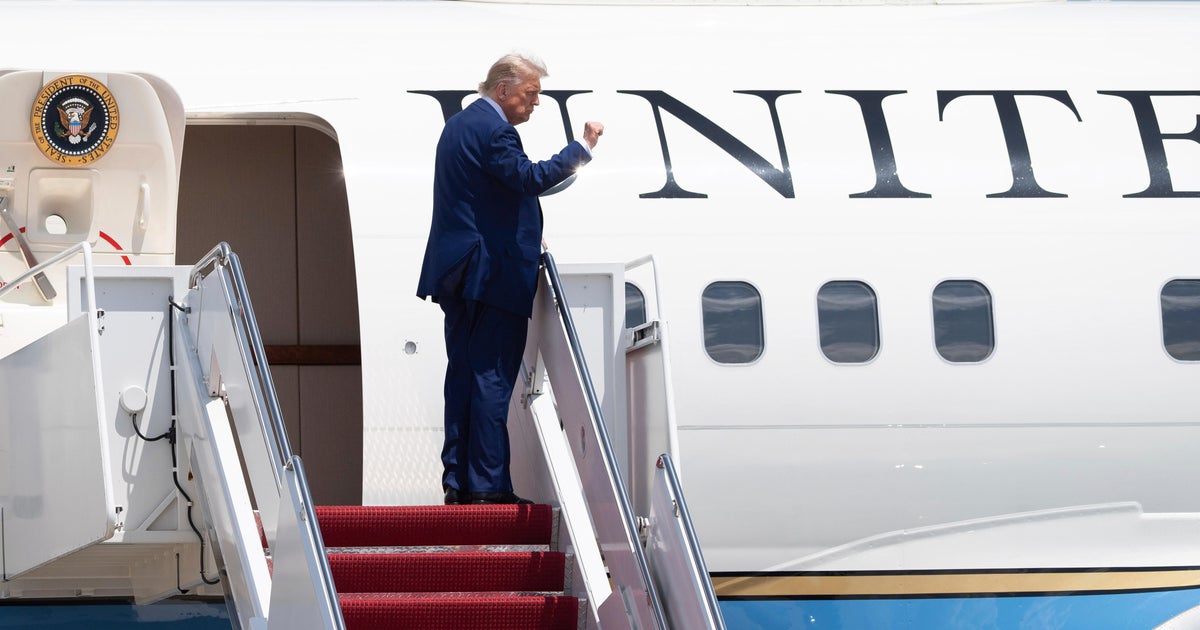Israel says it hit Iranian radar, but refrained from other strikes after Trump call - CNA
Trump scolded both Iran and Israel for early violations of the truce that he had announced at around 0500 GMT, but directed particularly stinging criticism at Washington's close ally over the scale of its strikes, telling it to "calm down now".
He said Israel called off further attacks at his command to preserve the deal to end a 12-day air war with Iran, the biggest ever military confrontation between the Middle East arch-foes that had raised fears of global repercussions.
Following those remarks, however, two witnesses reached by telephone in the Iranian capital said they heard two loud blasts.
Prime Minister Benjamin Netanyahu's office acknowledged that Israel had bombed a radar site near Tehran in what it said was retaliation for Iranian missiles fired three-and-a-half hours after the ceasefire had been due to begin.
It said Israel had decided to refrain from further attacks following a call between Netanyahu and Trump, but did not explicitly say whether the strike on the radar site took place before or after they spoke.
The Islamic Republic denied launching any missiles and said Israel's attacks had continued for an hour-and-a-half beyond the time the truce was meant to start.
Iranian President Masoud Pezeshkian said later Tehran would not violate the ceasefire unless Israel did so, and that it was prepared to return to the negotiating table, without elaborating, according to state-run Nournews.
Whether the truce can hold is a major question. Signalling a difficult path ahead, it took hours for Israel and Iran to even acknowledge that they had accepted the ceasefire that Trump said he had brokered.
Still, oil prices fell and share markets rose worldwide at the prospect of an end to the conflict, lifting a threat of disruption to oil supplies from the Gulf to the wider world.
Trump, en route to a NATO summit in Europe, had admonished Israel with an obscenity in an extraordinary outburst at an ally whose air war he had joined two days before by dropping massive bunker-buster bombs on Iran's underground nuclear sites.
"All planes will turn around and head home, while doing a friendly 'Plane Wave' to Iran. Nobody will be hurt, the Ceasefire is in effect!" Trump said in a post on Truth Social.
That followed a post in which he had said: "Israel. Do not drop those bombs. If you do it it is a major violation. Bring your pilots home, now!"
Before departing the White House, Trump told reporters he was unhappy with both sides for breaching the ceasefire, but particularly frustrated with Israel, which he said had "unloaded" shortly after agreeing to the deal.
"I've got to get Israel to calm down now," Trump said. Iran and Israel had been fighting "so long and so hard that they don't know what the fuck they're doing."
A reporter for Axios said Netanyahu had told Trump that Israel would scale back the bombing mission rather than cancel it.
Israeli Defence Minister Israel Katz had said earlier on Tuesday that he had ordered the military to mount major strikes on targets in Tehran in response to what he said were Iranian missiles fired in a "blatant violation" of the ceasefire.
Despite the initial reports of violations, in both countries, there was a palpable sense of relief that a path out of war had been charted, 12 days after Israel launched it with a surprise attack, and two days after Trump joined in with strikes on Iranian nuclear targets.
"We're happy, very happy. Who mediated or how it happened doesn't matter. The war is over. It never should have started in the first place," said Reza Sharifi, 38, heading back to Tehran from Rasht on the Caspian Sea, where he had relocated with his family to escape the airstrikes.
Arik Daimant, a software engineer in Tel Aviv, said: "Regrettably, it's a bit too late for me and my family, because our house back here was totally destroyed in the recent bombings last Sunday. But as they say: 'better late than never', and I hope this ceasefire is a new beginning."
Speaking to reporters on board Air Force One heading to the NATO summit, Trump said he did not want to see Iran's ruling system toppled.
"I don't want it. I'd like to see everything calm down as quickly as possible. Regime change takes chaos and ideally we don't want to see so much chaos," he said.
"Iran's not going to have a nuclear weapon, by the way, I think it's the last thing on their mind right now."
In the hours before the truce took effect, four people - one of them an off-duty Israeli soldier - were killed by Iranian missiles that hit a residential building in Beersheba in southern Israel, according to the Israeli ambulance service.
Iranian officials said nine people were killed by a strike on a residential building in northern Iran.
Israel launched the surprise air war on Jun 13, hitting Iranian nuclear sites where it said Iran was trying to develop an atomic bomb and killing top military commanders in the worst blow to the Islamic Republic since the 1980s war with Iraq.
Iran says its uranium enrichment programme is for peaceful purposes and denies trying to build nuclear weapons.
Iranian authorities said hundreds of people were killed in Israel's airstrikes. Full information about the extent of the damage to nuclear and economic infrastructure could not be confirmed independently, with the media tightly controlled in Iran.
Retaliatory missile strikes have killed 28 people in Israel, the first time large numbers of Iranian missiles have penetrated its air defences.
A senior White House official said Trump brokered the ceasefire deal with Netanyahu, and other administration officials were in touch with the Iranians. Qatar's Prime Minister Sheikh Mohammed bin Abdulrahman Al Thani secured Tehran's agreement during a call with Iranian officials, an official briefed on the negotiations told Reuters on Tuesday.
The ceasefire came the morning after Iran responded to the US participation in the air strikes by firing a volley of missiles at the biggest US military base in the Middle East, located in Qatar.
No one was hurt in that strike as the Iranian retaliation appeared to have been calibrated carefully to allow de-escalation. Trump thanked Tehran for warning the United States in advance to avoid injuries.











